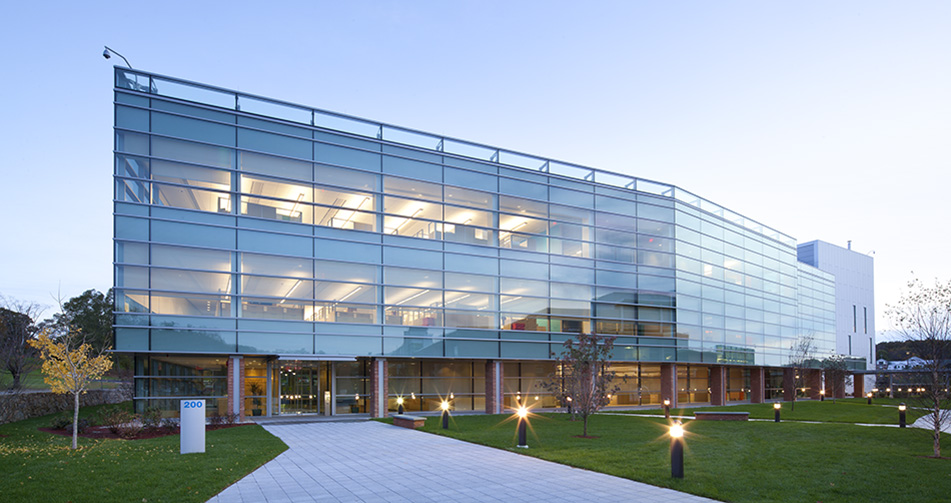Shire’s antiviral promising, ready for phase 3 trials

A new antiviral treatment against cytomegalovirus (CMV) infection has shown promise in phase 2 trials.
Shire’s candidate maribavir (SHP620) is being investigated in patients with cytomegalovirus (CMV) infection undergoing haematopoietic stem cell transplant or solid organ transplant who are resistant or refractory to (val) ganciclovir or foscarnet, drugs currently used to treat these infections.
In the phase 2 study, 67% of patients treated with varying doses of maribavir (400 to 1200 mg twice daily) for up to 24 weeks had no detectable levels of the virus in their blood plasma within six weeks of starting treatment.
Shire acquired the drug when it bought out ViroPharma in 2013 for $4.2 billion, and is part of its push to become a leading company in rare and specialist disease areas.
Chief executive Flemming Ornskov wants to make Shire the world’s leading rare disease and specialist pharma company, and with this year’s $32 billion acquisition of Baxalta, aims to double revenues to $20 billion by 2020.
Cytomegalovirus (CMV) is a common infection related to the chickenpox and herpes simplex viruses, and often occurs in patients undergoing transplant procedures whose immune system is compromised.
While currently-available systemic anti-CMV agents are effective against the virus, complications such as bone marrow suppression occur, which can be be dangerous in stem cell transplant patients, as well as impairment of kidney function. Emergence of resistance against standard drugs is also a problem.
"Cytomegalovirus infection that is resistant or refractory to standard therapy in transplant patients is associated with significant complications and high mortality," said Genovefa Papanicolaou, M.D., Infectious Diseases Specialist at Memorial Sloan Kettering Cancer Center, and one of the clinical trial investigators.
“The phase 2 findings support further research to confirm these results among patients who have limited options to combat the infection.”
Dysgeusia (taste disturbance) was the most commonly-reported treatment-emergent adverse event (AE) in this study. Other treatment-emergent AEs ≥20% for all doses included nausea, vomiting, CMV infection, diarrhoea, fatigue, and anaemia.
Shire is planning to initiate two large randomised phase 3 studies of maribavir for the treatment of CMV infection in transplant patients later this year.











